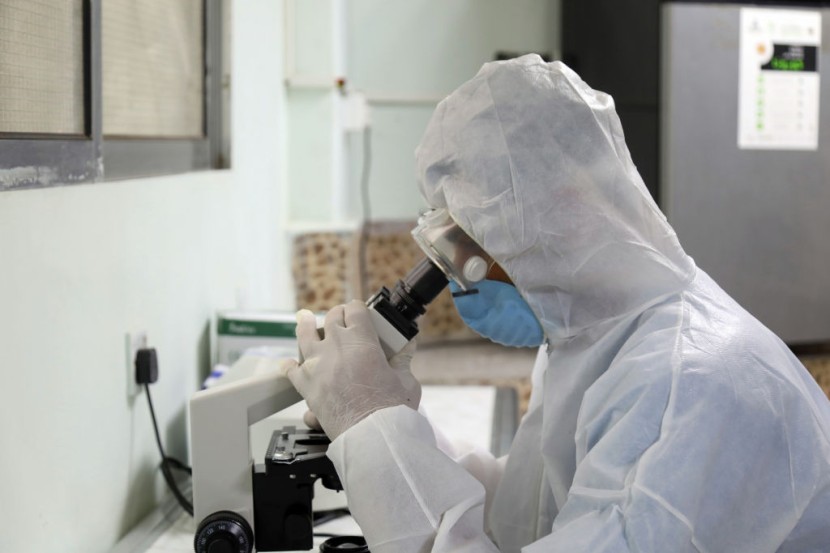
The Centers for Disease Control and Prevention (CDC) announced Thursday that outbreaks of a drug-resistant "superbug" fungus had spread among patients in hospitals and long-term care institutions in Texas and Washington, DC.
Candida Auris is a fungus that preys on persons with weaker immune systems. Evidence shows that these instances included person-to-person transmission, which would be a first in the United States. According to the report, the clusters in the two locations appear to be unrelated to one another. Although other health problems may have had a role, the 30-day death rate in both outbreaks was 30%.
Deaths linked with drug-resistant "superbug" fungus recorded in the US
From January to April 2021, three instances of the fungus were detected in Washington, DC; and three were found to be resistant to all three major classes of antifungal medicines. Those incidents took place in a long-term care home for terminally sick patients.
Officials from the US Department of Health and Human Services announced on Thursday that they have discovered indications of an untreatable fungus growing in two hospitals and a nursing home. A small number of the patients developed invasive fungal infections that were resistant to all three types of antibiotics, ABC News reported.
Candida Auris is a severe type of yeast that is harmful to humans in hospitals and nursing homes who have major medical issues. When it reaches the circulation, the heart or the brain, it is the most deadly.
When the fungus spreads through patient contact or contaminated surfaces, outbreaks in health care institutions occur. After observing cases where frequently used medicines did not affect, health experts have been warning about the superbug for years.
In 2019, physicians in New York discovered three instances that were resistant to a type of medicine known as echinocandins, which were previously thought to be the last line of defense. There was no indication that the diseases had transferred from patient to patient in those situations; therefore, experts determined that medication resistance developed during treatment.
Read Also: Watch: Deadly Floods in China, Germany Upended Lives; Stark Reminders of Climate Vulnerability
Candida Auris outbreaks
Per The Sun, two of the 22 instances discovered in two Dallas-area hospitals had the same overwhelming abilities before succumbing. The fact that three types of medicines were unable to treat Candida Auris-infected individuals identified between January and April is particularly concerning.
The outbreaks are still ongoing as more cases have been recorded since April although the exact number of cases is still unknown, according to Dr. Meghan Lyman of the CDC. After seven verified cases over three years, the CDC classified Candida Auris as a "serious and often deadly fungal illness that is developing internationally" in 2016.
Cases of Candida Auris resistant to three key types of antifungal medicines are "increasing" in the United States, said the health protection agency. It appears to be targeting the circulation, urine, respiratory system, biliary fluid, wounds, and external ear canal of hospital and nursing patients.
It can be passed from patient to patient or from contaminated surfaces. Aside from being resistant to medicines, a "superbug" is difficult to identify using normal laboratory equipment and procedures, which means it is frequently misdiagnosed or mistreated. Because it is present in healthcare settings such as hospitals, the CDC advises that the facility take special precautions to prevent it from spreading.
There was no indication that the illnesses moved from patient to patient in those cases - scientists determined that resistance to the medicines developed during treatment - but new cases did spread, according to the CDC.
Three of the five persons who were completely resistant to medication died - two in Texas and one in Washington. Both outbreaks are still going on, according to Lyman; and new infections have been discovered since April. However, those additional figures were not disclosed, as per The Washington Times.
Investigators searched through medical records and discovered no indication of prior antifungal medication among the individuals in those clusters. That means they transmit from person to person, said the health experts.
Related Article: China Recorded First Rare Monkey B Virus Death; Will It Cause a New Pandemic?
@YouTube








